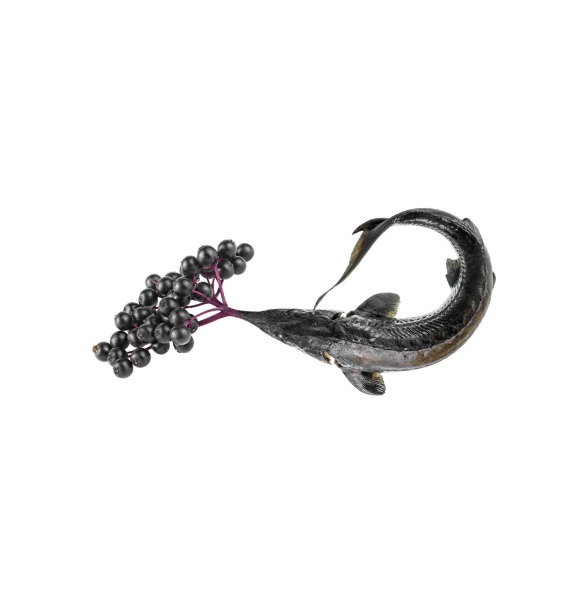News
Aníbal Criollo: “Food not only feeds our body, but our spirit and our soul too”
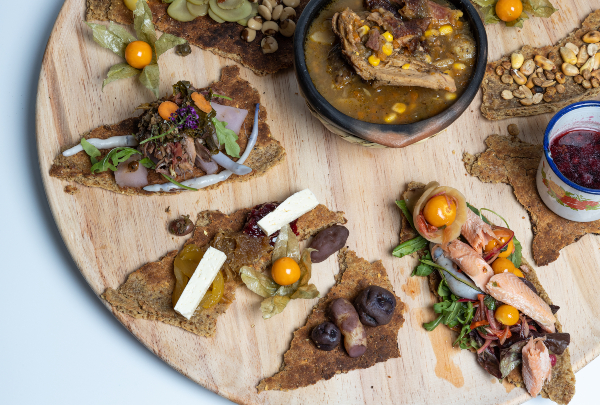
Aníbal Criollo kicks off the talks on the second day of Madrid Fusión Alimentos de España with his niece Marcela, on “the importance of giving back what we take from the land, the affection surrounding cuisine and the need to appraise, protect and preserve our environment”.
At Naturalia – located in the La Cocha lagoon, Nariño, Colombia – the cuisine of Aníbal Criollo, a member of the indigenous Quillasinga people, and his niece Marcela, is based on affection, history, the transmission of knowledge from generation to generation, a sense of identity, and the desire to share. His story is not without a host of references to his mother, to the cultural legacy she passed down to him, to the history of the countryside, and to the land … “I had an indigenous mother who used to say to me ‘full belly, joyful heart’, and that it was better ‘to be well fed than well dressed”, advice he applies to his cuisine. Aníbal believes that cooking means demonstrating affection, sharing, socialising, conveying knowledge, and feeding not only one’s body, but also one’s soul and spirit.
“Chagra” is an essential part of this. It is a system very much alive with communion among plants, animals and man. And there is no leader in this relationship, man “is no lord or sire, but rather a part of the system”, to enable everything to evolve and be preserved. Harmony and equilibrium. “We dump toxic waste in rivers and what do we leave behind for the children, for the next generation?”, asks the chef, advising the other cooks to “not only try to be the best, but to go to the countryside, to talk to their mothers, to compile all that knowledge, and put it into their cooking, to conduct research, to go back to their origins … let’s make cooking in every country a pleasant place, a good experience through food”. A good experience, according to Aníbal Criollo, is a balance between the way we “feel, think, do and share with those around us, not having a lot of money”. “Food means mutual co-habitation, and it has nothing to do with the colour of our skin”, he adds.
Aníbal Criollo is at pains to point out that his cooking is the affection of women from the south, from Colombia, that “indigenous blood, black blood and Spanish blood” flow through his body, and that all this is what is reflected in his cuisine. And in this philosophy of giving back to the land what it gives to us, Aníbal grows native seeds, protects nature by preserving the natural environment, plants native trees, and he has also implemented agro-silvo-grazing systems to allow the land to rest, and be constantly fertile and productive. “We are giving the planet back what we stole from it”. He adds “There is no recipe, there is an immense love to share and feed others. The chef must not think he is the best, but rather an integral being who values his surroundings. Knowledge cannot be kept on library shelves – it must be shared”.
As part of this interest in sharing knowledge, Aníbal Criollo organises what he calls “meriendas” or snack sessions, “with wise grannies, young people who want to learn, and children who stick their finger in to taste everything and say whether they like it or don’t like it. In a good place to serve up food, your people have to know what the food tastes like for you to sell it”.
He finishes off his talk with Colombian fare to give energy to the weak, and Marcela Jojoba explains the details of the recipe: “cuya negra”.
Finally, Aníbal tells us: “our cookery is simply cookery, aromas, gathering around the concept of “tulpa”, which is affection. This is what we need to feel more like human beings, to appreciate others, to generate a good environment”.

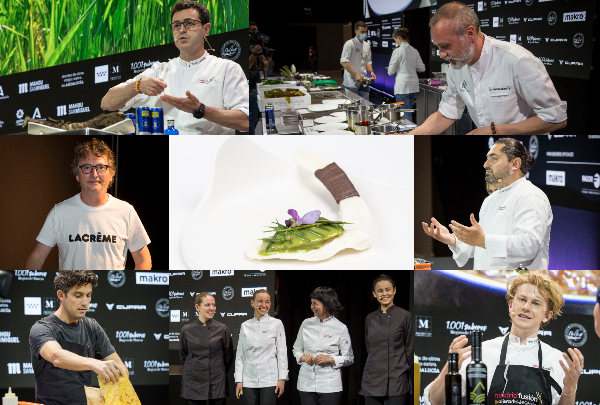
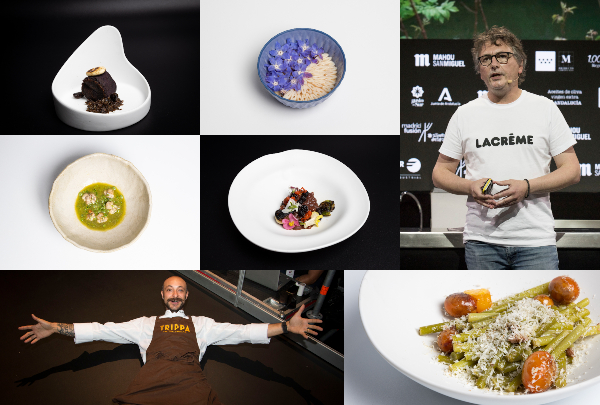
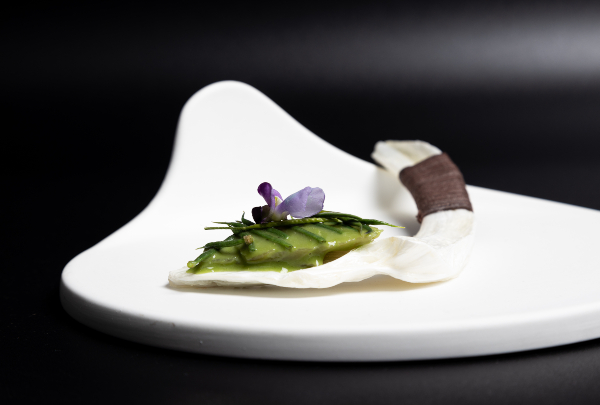
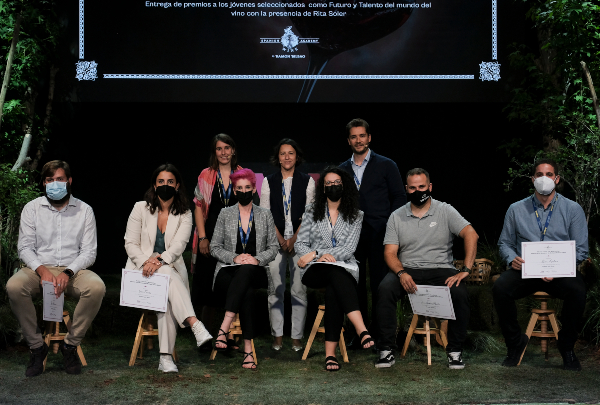
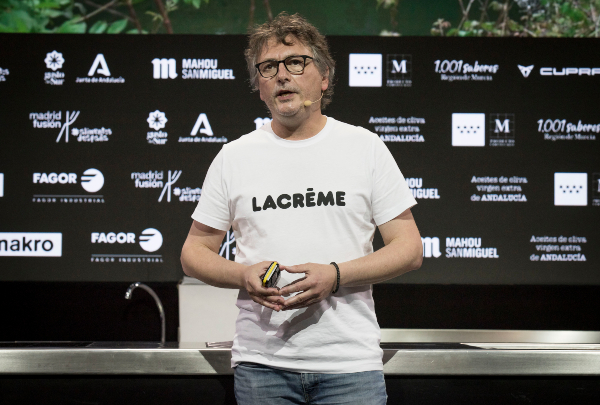
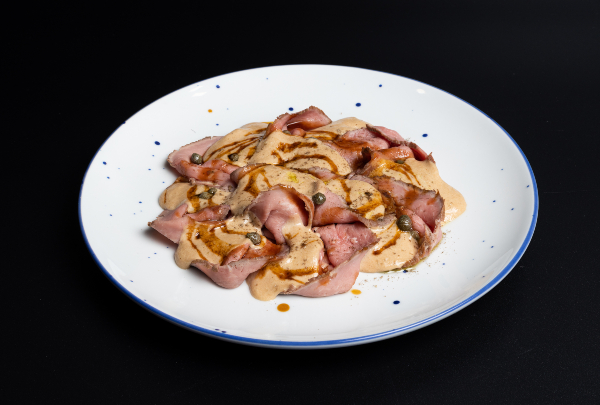
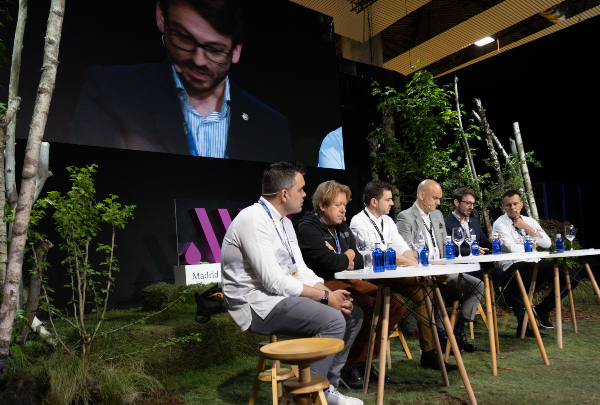
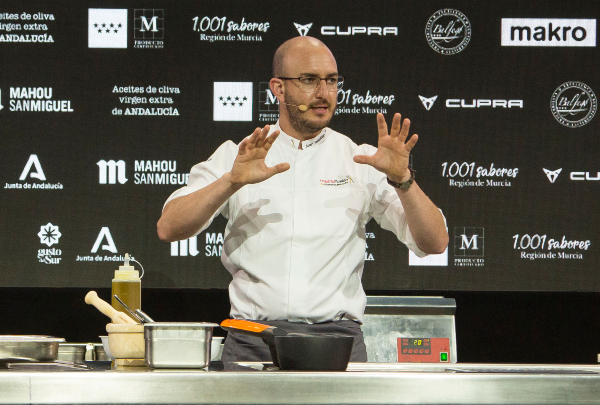
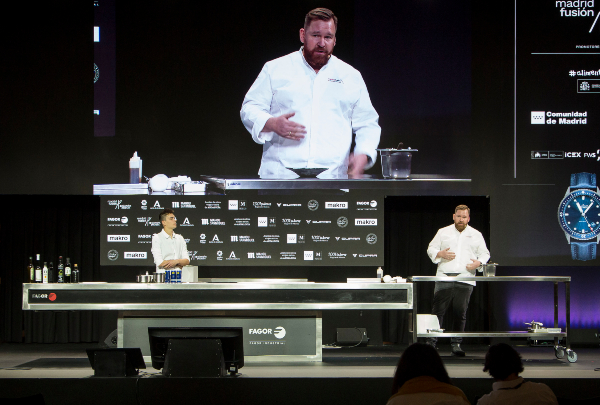
.jpg)
